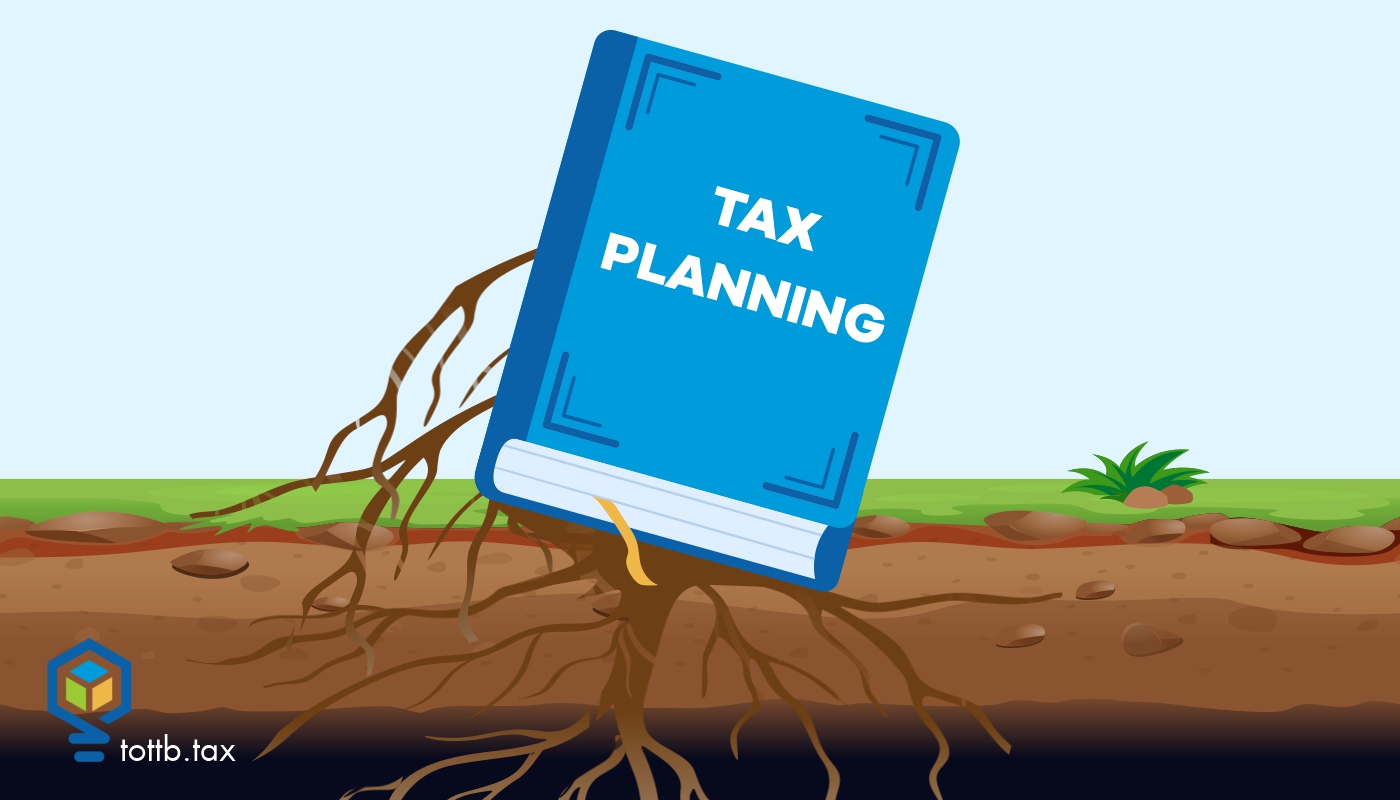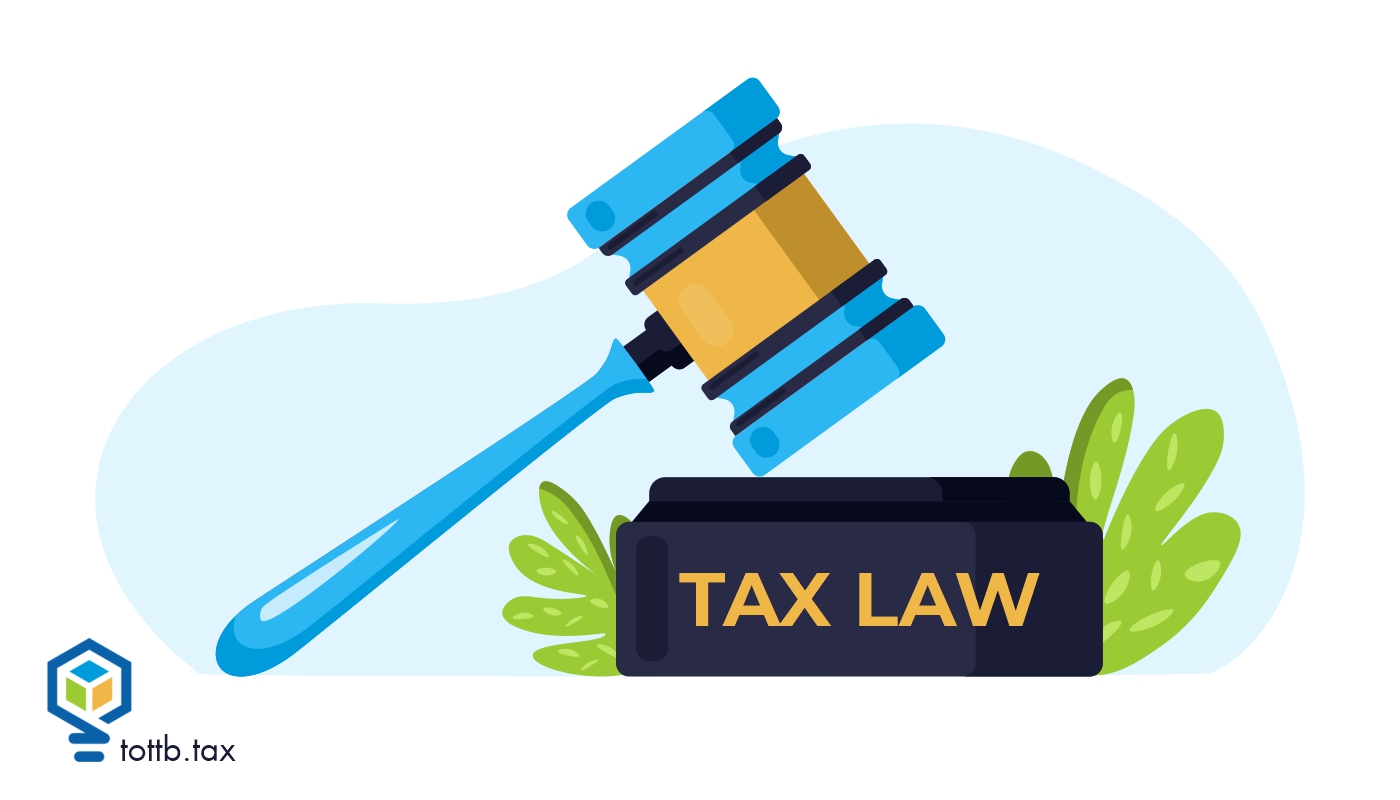How to Slash Your Property Taxes
Question: You talk a lot about reducing federal taxes, but what about other taxes? It seems like we get taxed on everything multiple times! Is this even legal?
Answer: Isn’t it the truth! You may feel that your income, purchases, and belongings get taxed double, triple, and even more times. The saying goes, “nothing is certain except death and taxes.” And even when you die the same property and earnings may be taxed again. The Supreme Court even answered the question in 2015 about whether taxing the same income more than once is constitutional. In the case of Maryland v. Wynne, the 5-4 decision indicates that two states do not have the right to tax the same income.
While many of the strategies discussed in Think Outside the Tax Box reduce federal taxes, most of them will reduce your state income taxes as well, depending on whether or not the state in which you pay taxes conforms to federal tax law. In addition, there are many state tax reduction strategies worth learning and implementing.
However, did you know there are also tax reduction strategies for other types of taxes like property taxes?
One of the oldest taxes and primary sources of revenue for states, counties, cities, schools, and fire departments comes from taxing the value of property owned within a jurisdiction. In some locations, this can include personal property as well as real estate.
Like most good tax laws, property tax laws include loopholes you can use to pay less. To learn more, continue reading here.
Read More













